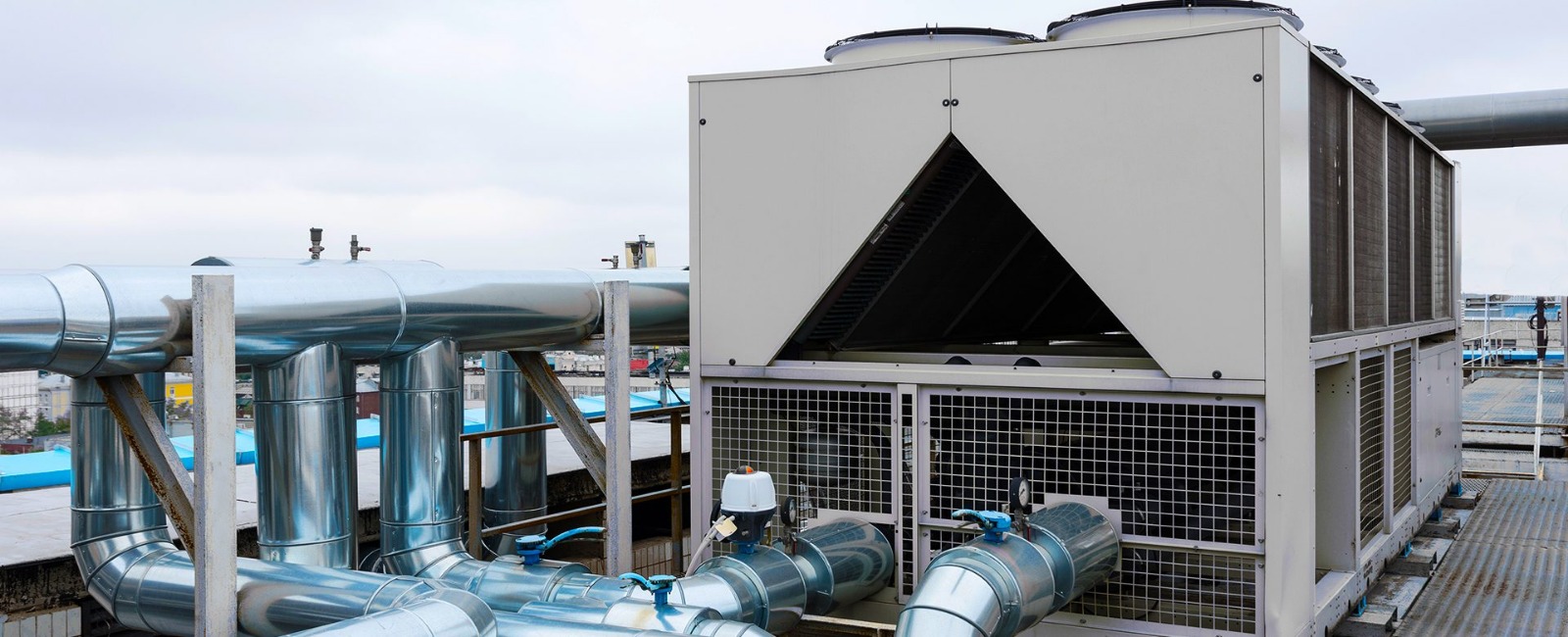MECHANICAL ENGINEERS ROLE IN FACILITY MANAGEMENT

"IIFM is generally observed that Degree Completed youth have not produced desired result because teaching imparted in college alone is not enough for acquisition of skills but needs to be supplemented by training in the actual world of work. So IIFM fill these “Technical Skill-Gap” as well as it leads to Success in Placements too.. " HVAC maintenance is the process of maintaining the heater or air conditioner by inspecting, cleaning, testing, or even repairing and replacing components in the system. By investing in maintenance for your HVAC system, you can fix issues before they become bigger problems. What Happens During HVAC Maintenance? Your technician will check the circuits, safety controls, drain line, condensate pump, and all caps and valves as well. Electrical components will be inspected for signs of wear or damage and replaced to prevent sparking or failure. He will check that your outdoor unit is level for optimum performance. HVAC maintenance requires that the components of the system be inspected on a monthly, seasonal, or yearly basis on the basis of a part. Cleaning the system of debris and possible damage or leakage of refrigerant lines are tasks that are best done monthly to maintain optimum system functionality. In addition, there are considerations regarding climate change. Some parts in the system may become inactive during summer or winter, so necessary steps need to be taken to avoid unnecessary wear of components and use of energy sources. Typically, HVAC technicians will be the one who takes care of your HVAC maintenances, although homeowners can do the maintenance themselves. While homeowners may perform bi-annual maintenance for their heaters and air conditioners, having a licensed and insured HVAC technician will ensure your maintenance is done properly. So what is involved in HVAC maintenance? There are HVAC maintenances checklists that you or your HVAC technicians will follow to maintain every part of the air conditioners or heater.
Supplementary Skilled Courses:
- Diploma in Refrigeration, Heat Ventilation & Air Conditioning Engineering.
- Maintain and perform repair on all refrigeration equipment and perform troubleshoot on all HVAC equipment and perform repairs all coolers.
- Manage all metal duct components and install all HVAC systems and monitor all provide resolutions for all emergency alarm in systems and perform repair to all ventilating and air conditioning units.
- Manage all data center applications and operate various centrifugal chillers and install and maintain dehumidification systems and oversee al maintenance activities for various technicians...
- Design and provide enhancements to all conservation programs for electricity and natural gas and assist to plant instrument and perform troubleshoot on equipment and ensure compliance to all EPA regulations.
- Monitor all resources and ensure optimal utilization for same and achieve all customer objectives and provide support to all equipment and perform calculations and implement various plans for HVAC.
- Evaluate all approval systems for new and revised maintenance jobs and monitor all work instructions and maintain all deliverables for projects to maintain optimal qualities within required timeframe and coordinate with stakeholders to analyze all project requirements.
- Perform audit on all HVAC system and collect data and perform periodic evaluation and monitor all log books and manage all change processes and resolve all issues.
- Collaborate with stakeholders to perform regular audit and ensure compliance to all corporate regulations and assist to design an efficient HVAC system and adhere to all architectural requirements.
- Analyze all load programs and perform required calculations on same and manage all electrical requirements for HVAC equipment and recommend improvements.
- A large number of skilled workers coming out of technical colleges do not possess the required skills and are not readily employable. The industries have to spend time and money on their training. It
- has been observed that most of the existing Industrial Training Institutes run by the government and private sector do not have on the job training facilities.
- Therefore, IIFM is to develop their Knowledge into Technical Skill to Entry the Core Industry and Success with their Career up to Facility Manager Level.
IIFM is to develop your Technical Skills to


.gif)
